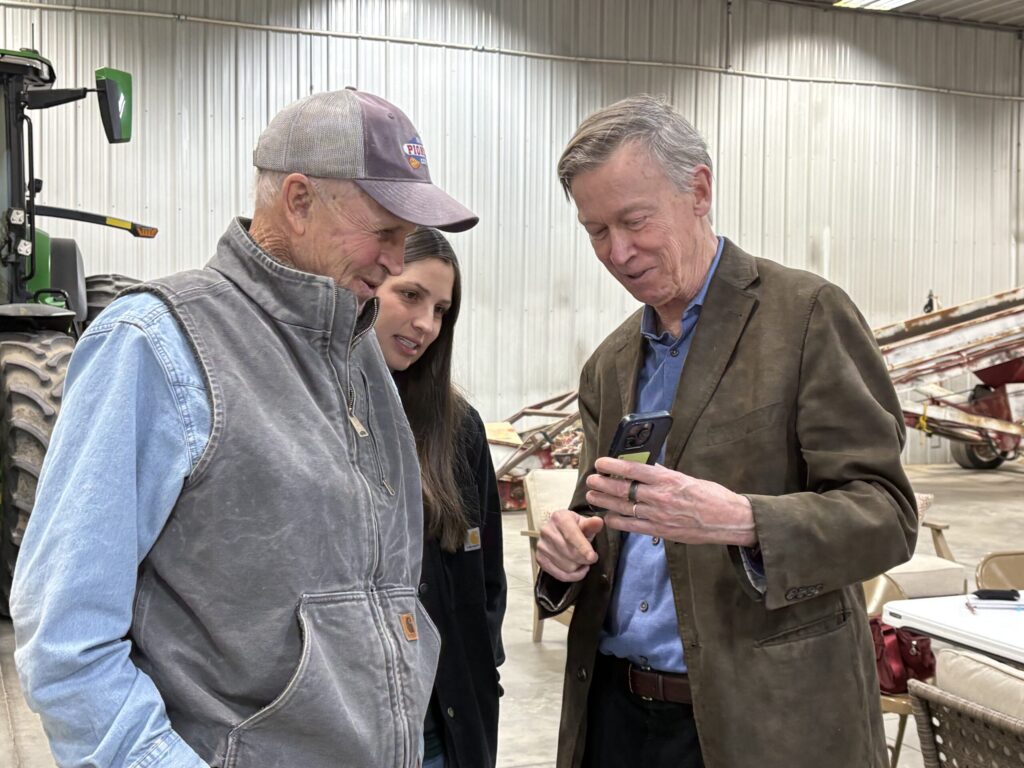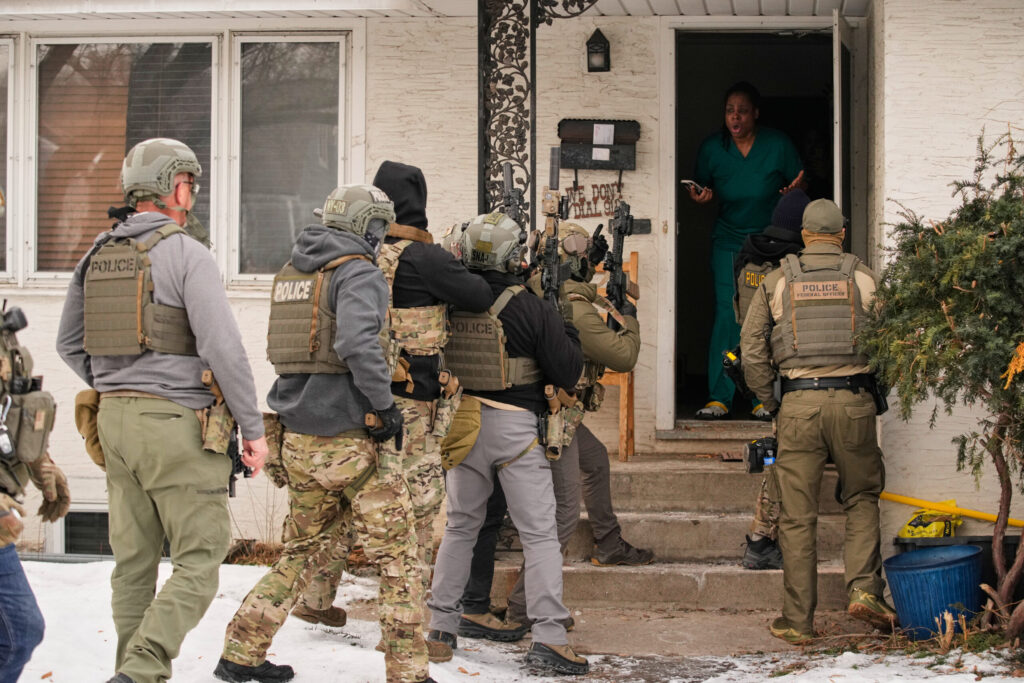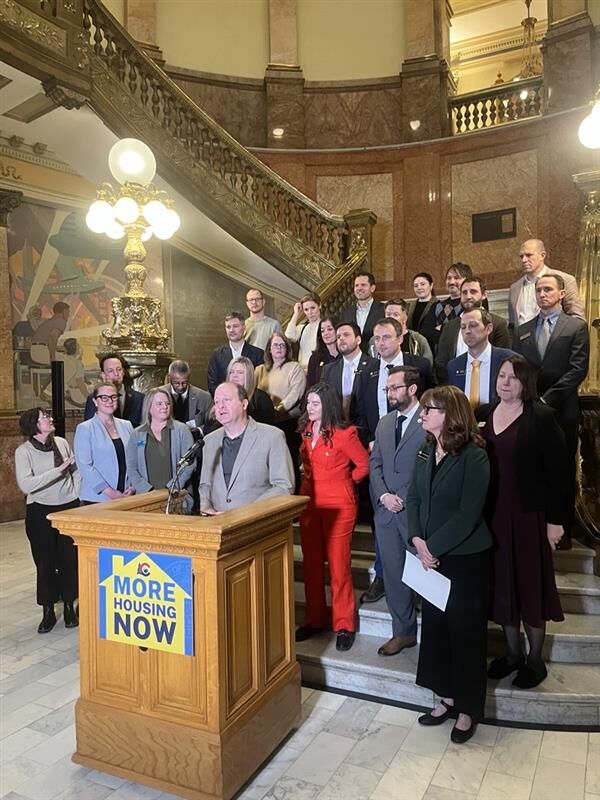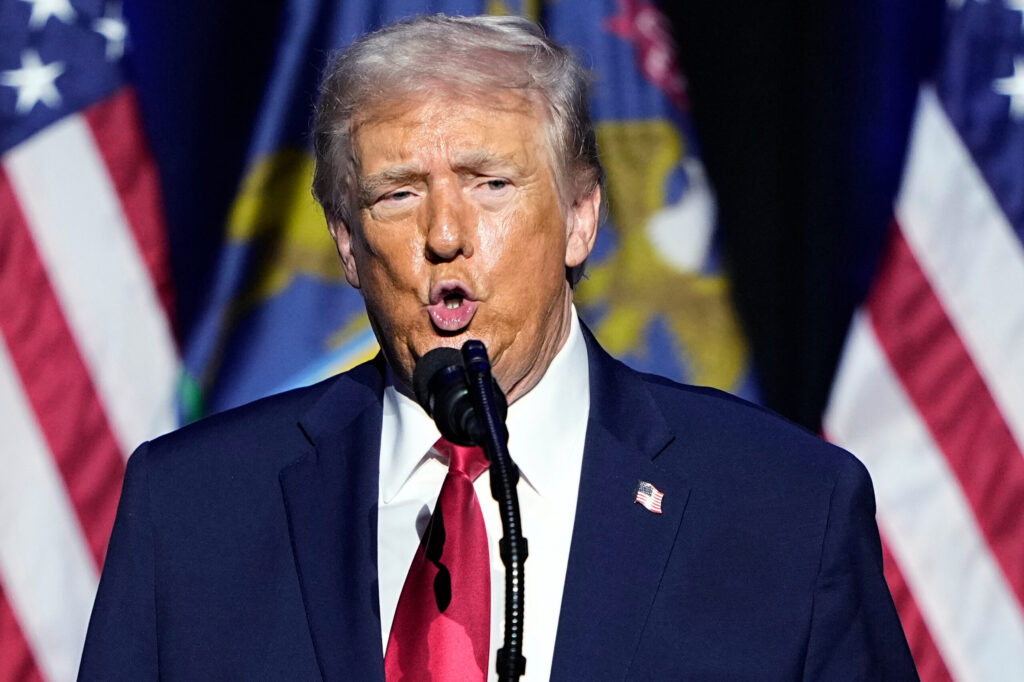Presidential primary concerns aired
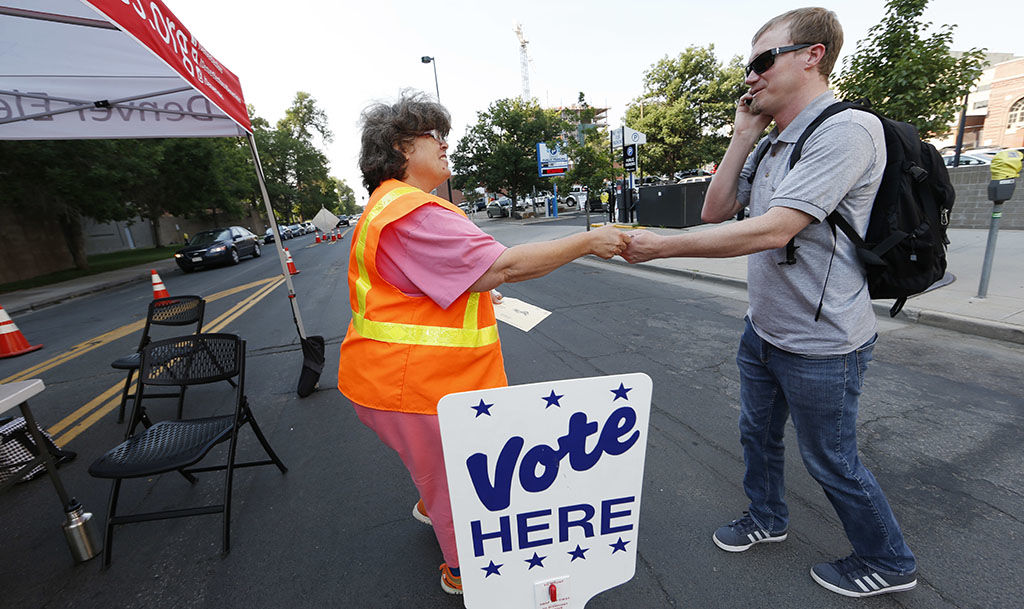
The people who would have to do the behind-the-scenes work to make a presidential primary election happen in Colorado four years from now have several concerns and questions about the issue voters will decide this fall.
At the Tuesday, Sept. 13, meeting of the Colorado Secretary of State’s Bipartisan Election Advisory Committee, elected state officials, county clerk and recorders and office staff talked about what is now known as Proposition 107. The citizen initiative is a statutory change that would create a presidential primary election – open to registered members of major political parties and unaffiliated voters – beginning in 2020. Unaffiliated voters would not be required to declare a party affiliation in order to cast ballots.
Secretary of State Wayne Williams said the initiative will create a number of issues and questioned how much those issues should be talked about before the Nov. 8 general election “So people are aware of the problems and the change that will be needed.”
State Rep. Dan Pabon, D-Denver, said changing the rules of an election system “can be cumbersome and you need to take a delicate approach” to avoid voter confusion and ensure as many ballots as possible are counted.
No “cure” method, added cost for new election
Judd Choate, director of elections with the secretary of state’s office said if the measure is approved, one area of concern is the lack of a method to “cure” questionable ballots. He referred to ballots initially rejected by vote counting machines and then reviewed by county resolution boards. Since the initiative calls for unaffiliated voters to receive ballots with presidential candidates for all major parties, the potential for mistakes by voters that might result in their ballot not being counted is high, he said.
Arapahoe County Clerk Matt Crane took things a step farther.
“I think the way this initiative was drawn up was reckless,” he said.
Crane said with county election budgets already stretched, combining the presidential primary with the existing June primary would help keep costs down. Instead, the initiative calls for a presidential primary election to be held on “A Tuesday on a date designated by the governor. … no earlier than the date the national rules of the major political parties provide for state delegations to the party’s national convention to be allocated without penalty and not later than the third Tuesday in March in years in which a United States presidential election will be held.”
Crane noted he was pleased the initiative allows the state Legislature to address issues, since it is a statutory measure and not a constitutional amendment.
Denver Clerk and Recorder Debra Johnson said voters can already change their party affiliation on election day in order to participate in a primary election, so Colorado voters are “used to going back and forth” to switch party affiliations before and after elections.
Choate said he does not believe vote counting machines can recognize ballots as spelled out in the initiative. The measure calls for unaffiliated ballots to include all qualified presidential candidates, but Choate said if voters, for example, make the common mistake of filling in the oval of more than one candidate, the measure calls for that ballot to be void and uncounted.
The secretary of state’s office disburses funds to counties to help pay for elections based on voter participation, Choate said, and with the addition of a second primary every four years, around $2.5 million will be needed. Johnson challenged state legislators to designate money from the state’s general fund for the extra election, rather than the secretary of state’s office paying those funds from its budget.
The initiative also allows political parties to opt out of presidential primary elections, with two-thirds approval from their central committees.
Peg Cage, who chairs the Boulder County Republican Party, said the issue comes down to “let’s figure out how to run our screwy election system.”
“It’s not about how to make a better presidential primary election, we should be working on getting rid of the all-mail ballots and go back to things like the punch card ballots,” Cage stated.
Participation more important than issues
Curtis Hubbard with the Let Colorado Vote group that developed the presidential primary measure and another (Proposition 108) that would make other primary elections open to unaffiliated voters as well, attended the meeting and said the fundamental issue with both measures is voter participation.
“Right now, the largest percentage of voters in Colorado cannot take part in primary elections without changing their affiliation,” he said, referring to the state’s estimated 1 million unaffiliated voters.
This year, Hubbard said, only five percent of Colorado’s registered voters had a say in the presidential candidate selection process for the Democratic and Republican parties. State Republicans decided against holding presidential preference polls and state Democrats ran into problems such as long lines that limited participation in their party caucuses.
Let Colorado Vote has not come up with an estimated voter participation rate for a Colorado presidential primary election, Hubbard noted, but added the state has had one of the highest voter participation rates in the nation.
“We don’t think the question should be how many will vote, but do we give the opportunity to participate to everyone without the extra step required by the Democratic and Republican parties,” he said. “This is 2016 and we have plenty of time before the 2020 election to change things to fix any problems.”
– mike@coloradostatesman.com




